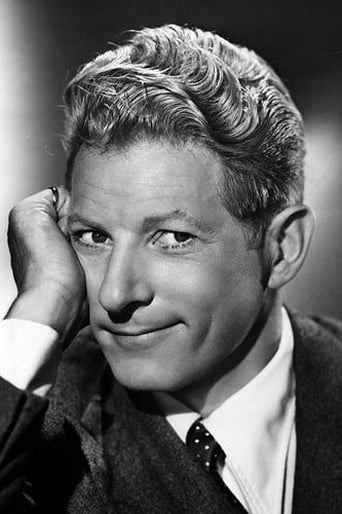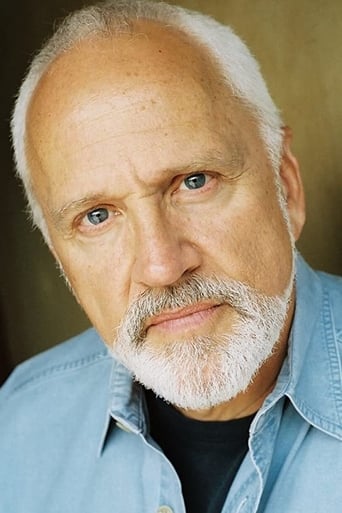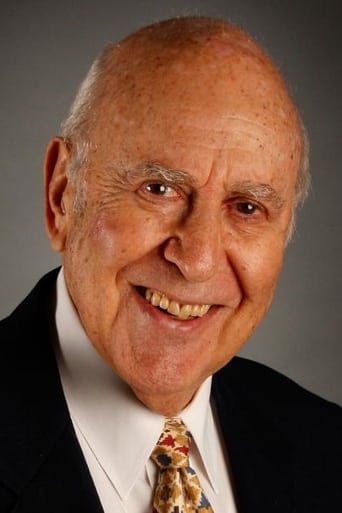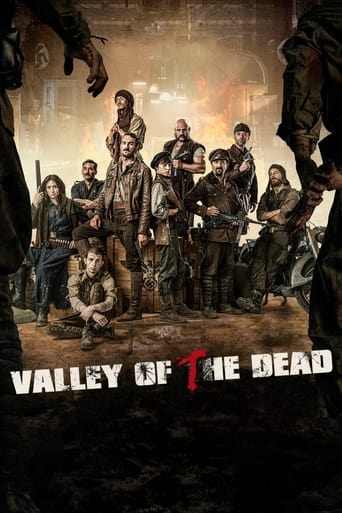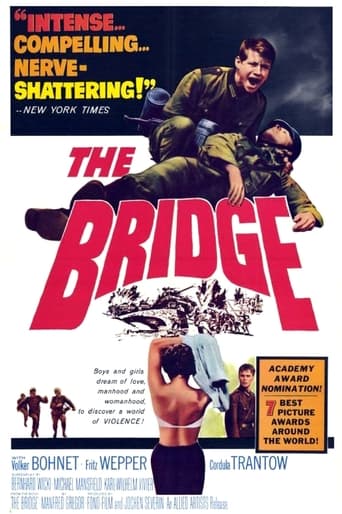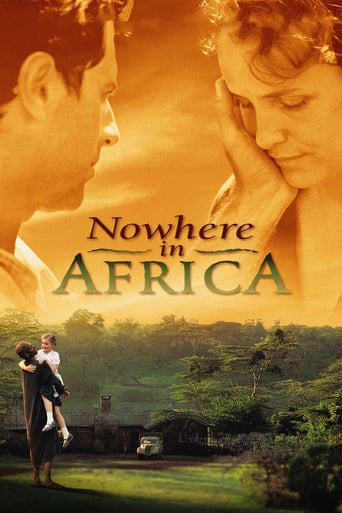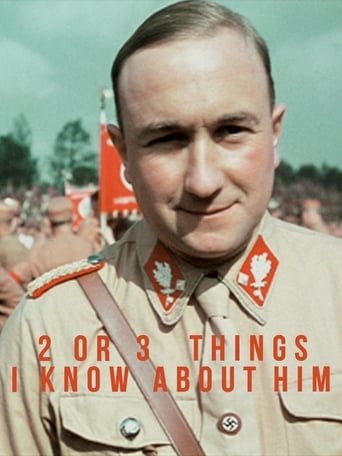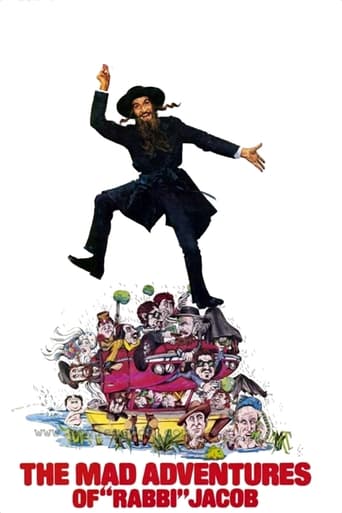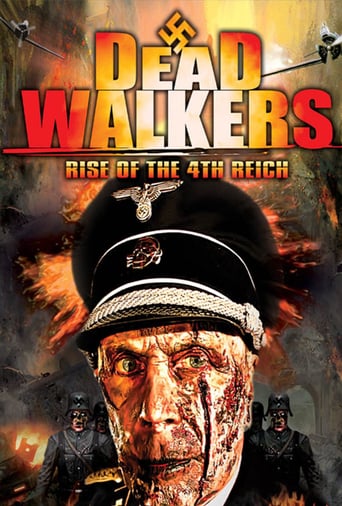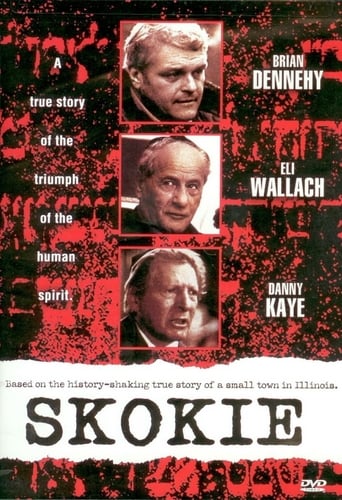
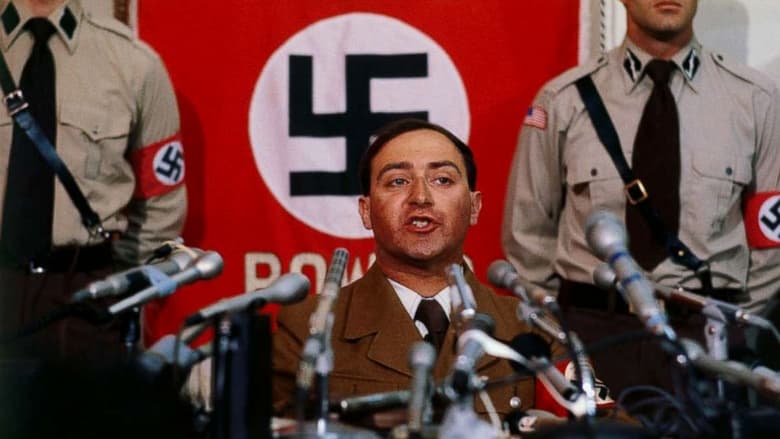
Skokie (1981)
A dramatization of the controversial trial concerning the right for Neo-Nazis to march in the predominantly Jewish community of Skokie, Illinois.
Watch Trailer
Cast
Similar titles
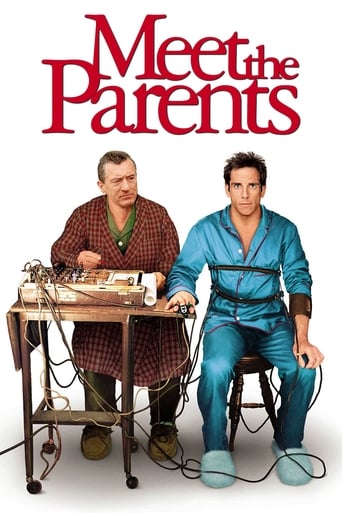
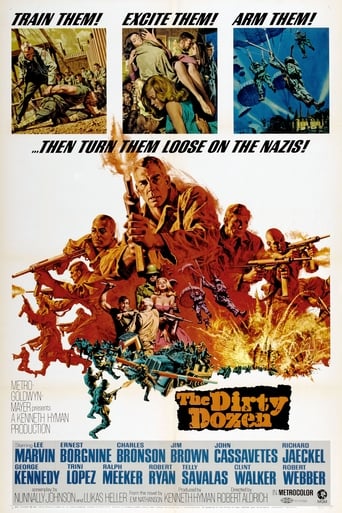
Reviews
Don't listen to the Hype. It's awful
Good films always raise compelling questions, whether the format is fiction or documentary fact.
This is a small, humorous movie in some ways, but it has a huge heart. What a nice experience.
An old-fashioned movie made with new-fashioned finesse.
One of the better TV movies ever made about a current political issue. The issues are dramatized vividly - freedom of assembly vs. the rights of a community. The performances are consistently excellent. I would especially cite Danny Kaye, whose portrayal of quivering outrage is one of the great moments of his wonderful career. I was interested to read about the career of the screenwriter, Ernest Kinoy. Among his many credits are a couple of episodes of the excellent short-lived series "The Senator" (part of "The Bold Ones"), very much a "ripped from the headlines" series. So too with this movie.
George Dzundza who ironically would be playing many Jewish roles later on in his career plays an American Nazi Party leader who is looking for a little headline grabbing. What to do, but stage a march and stage it in a town that has a large Jewish population, Skokie, Illinois, suburb of Chicago.The film Skokie is an account of the famous incident that never was because in the end Dzundza and his mouth breathers decide after all they didn't want to march in that "Jew town" anyway. But the question of his right to march, to assemble was in fact a constitutional issue. And the American Civil Liberties Union took on as it did this most unpopular of causes. The man who did it was John Rubinstein playing an attorney of the Jewish faith.What the film does demonstrate is the reaction to this publicity stunt from various people. The mayor of Skokie Ed Flanders is righteously offended and also mindful of his large Jewish constituency. The city attorney Eli Wallach who happens to be Jewish as well is eager to try any legal means to keep them out, but he also realizes the free speech and freedom of assembly issues. He and Rubinstein are finely matched pair of adversaries. Police Chief Brian Dennehy just wants to make sure public order is maintained without bloodshed. There are several generations of Jews in the town and they're deeply read in their culture, the young ones. But for Danny Kaye and Kim Hunter this is up close and personal. They are survivors of the camps and well remember what they didn't do back in the day and how friends, family, and neighbors paid when the Holocaust came. No one carrying that symbol of hate is going to march in their town, the hell with the American Civil Liberties Union. Skokie as it records the famous controversy in 1977 is finely cast and well crafted and could have also been a big screen theatrical release film. I wish it was in fact. Everyone should see this film.This marked the final feature film appearance of Danny Kaye whose last two roles, Skokie and The Madwoman Of Chaillot showed a fine dramatic talent that more than hints came out in such films as Me And The Colonel and The Five Pennies. We should have seen more of it, but Kaye was way too good a clown to keep that talent under wraps.Skokie is a must see film, a great tribute to the town and the people who were united in never seeing these people soil their fair city.
One day in November 1980 my mother phoned my Chicago office. She had read a newspaper report about a call for TV movie extras being held that evening at a Skokie auditorium. The proposed film, titled Skokie, would detail the late 1970's effort by the Chicago suburb to prevent a march in its large Jewish community by a neo-Nazi group. Although I then lived in Skokie, I had only heard about the commotion through the media.I fantasized about starring in a movie despite having no acting experience other than grade school plays. Having accumulated much vacation time I was able to take off from work. So I attended the call not knowing what exactly to expect. The long lines moved rather quickly. The interview itself was short, and people were preferred who simply could fit and dress themselves for the part. For example, in real life I was a lawyer, so they assigned me to a court room scene where I played a second assistant attorney.Extras had no speaking role, but you can see me sitting near Eli Wallach for about 10 minutes, which shoot took two days at a courthouse in Evanston, Illinois. Between takes, extras observed the intricate technical proceedings and got to chat with many of the cast and crew on the set. Makeup was frequently applied to our faces covering up five o'clock shadow or sweat. We were fed a light breakfast and full lunch, but dinner hour came and went. Certain actors kept forgetting their lines, tempers flared as the evening wore on. At the end of the first day as we were reminded to wear the same clothes for the next day's finish, one man jokingly asked if we could at least change our underwear.Several of us extras, especially those who were prompt and didn't complain about the long schedules, were asked to be in additional scenes. I appeared in two town meeting sequences filmed in a Skokie synagogue, and in a political rally where we sang patriotically in front of the actual Skokie village hall. Skokie's mayor visited us and greeted the actor portraying him, Ed Flanders, later Dr. Westphall of St. Elsewhere. Many extras were in fact concentration camp survivors living in Skokie. There was an authentic intensity underlying the crowd scenes so the "acting" seemed for real.When I first viewed the movie, telecast on CBS in 1981, I focused strictly on searching for myself. Only mom recognized me at every shot even catching one I missed. My other family and friends concentrated on the story. Using a Betamax I taped the program, eventually putting it away with my other mementos. In 2003, while browsing a video store, I discovered the Skokie DVD and snatched the two shelf copies. I found the disc quality superb and located every semblance of my younger self. In comparison I played the tape and was shocked at how badly it had deteriorated. DVDs are hoped to have a longer life.Of course the movie Skokie has its flaws. But in retrospect the melodramatic moments seem very true. The film illustrates the dangers to yourself when the rights of others are assaulted. Experiencing Skokie, I felt aware. Watching Skokie, so might you.
To me, this was an excellent movie. This was one of my favorite movies of all time. Forget Schindler's list, to me this movie was a much better in certain aspects for emotion. One of the best scenes in this motion picture (one that in the 4 minutes it takes to play invokes more emotion from me as the viewer than all Schindler's list) is where Danny Kaye as Max Feldman answers his daughter's question about what happened to her grandparents. Max and his wife - holocaust survivors, have kept the horrors of the camps from their daughter. She has very little knowledge of what happened and at 13 or 14 she asks questions. Danny Kaye (Max) takes the time (against his wife's wishes) to finally tell his daughter. The strength and power of this single scene rests with the unemotional and matter of fact way that Max explains the nature of the death camp to his daughter. No emotion on the part of Max - - the character is breaking up inside yet is telling his daughter what the Nazis did to his parents in a manner to spare her the emotion. This while his wife is listening from around the corner quietly falling to pieces. You know the deep emotion that he has with the issues when he attends a meeting to discuss the question of Nazi's marching in Skokie with the vehemence and passion he holds on the issue. Yet he holds back this emotion with his daughter. Like I said, this few minutes of the movie is more powerful than the total Schindler's list - in my opinion. The full movie has its flaws, and covers the 1st amendment issues of American Nazi's right to march in detail, covering all sides of the issue. But this is a powerful movie and shows the depth of Danny Kaye's acting talents. A very surprising made for television movie about a very interesting topic. It is well done and very unlike Hollywood today.
